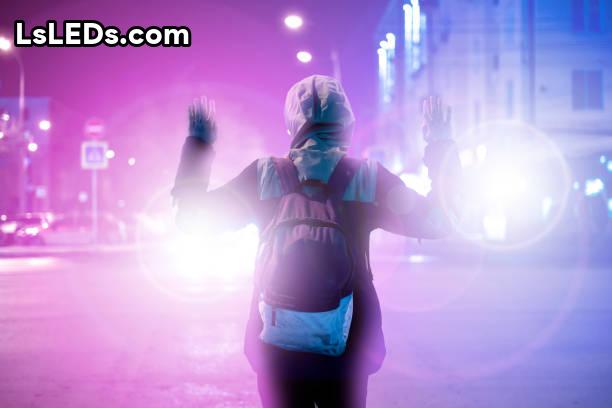
In prison populations, inmates often enter the system with a reduced level of cope skills due to their way of life, and some may already suffer a mental health issue.
Table of Contents
Do prisoners suffer from PTSD?
People who are in prison are more likely to have experienced abuse and trauma than people who are not in prison. Post-traumatic stress disorder is more common in men in state prisons than in the general male population.
Does going to jail change a person?
Prison can change a person in many ways. Prison can be an opportunity for growth if a person becomes imprisoned when they realize that change is necessary and they are ready to make it.
Does PTSD change your personality?
There is a correlation between negative emotionality, neuroticism, harm avoidance, novelty-seeking and self-transcendence, as well as to trait hostility/anger and anxiety.
Can mentally ill go to jail?
There should be treatment for people with mental health problems if they are sent to prison. It’s difficult to sentence offenders with mental health issues.
What mental illness do most prisoners have?
More than 25% of jail inmates, 15% of State prisoners, and 10% of Federal prisoners have symptoms of psychotic disorder. The highest rate of symptoms of a mental health disorder was found in jail inmates.
Are most prisoners mentally ill?
More than half of prisoners have some mental health concerns, but a small percentage suffer from serious mental illnesses, according to a report.
What are the most common mental illness in criminals?
The symptoms of a specific mental illness can include crime or delinquent behavior. Anti social personality disorder is the most common diagnosis in prisoners.
What percent of prisoners are mentally ill?
According to the Urban Institute, an estimated 56 percent of state prisoners, 45 percent of federal prisoners, and 64 percent of jail inmates have a mental health problem.
Why are so many mentally ill in jail?
Deinstitutionalization and the unavailability of long-term hospitalization in state hospitals for people with chronic and severe mental illness are some of the reasons why mentally ill people are put in the criminal justice system.

What is the hole like in jail?
There is a new term for solitary confinement. When you break one of their rules, they will take you to this place. It is supposed to be a deterrent from future misdeeds. There is a hole in the ground.
How long are you in the hole in jail?
The hole is a general term that describes a single man cell where an inmates is locked in all day and only allowed to use the phone and shower for one hour.
Can inmates use the phone in the hole?
In administrative segregation, inmates don’t have access to phones. Inmates who are locked down for 23 hours a day may only be able to use their phone once a week.
Can you ask for solitary confinement?
You can ask for it, but the answer will be a resounding no. You can get a cell that is completely different from the rest of the population. In SuperMax facilities, inmates are usually housed in single cells. That’s not because of a request from the prisoner.
How long can a prisoner stay in solitary confinement?
The minimum expectations for treatment of prisoners are laid out in the UN’s Nelson Mandela Rules. The rules prohibit long-term solitary confinement that lasts more than 15 days and involves more than 22 hours per day.
How do prisoners feel when they are released?
The prisoners are confined to a small area. Prolonged stay in the prison can lead to depression, even after they are released. Prisons feel lonely because they are isolated from their family and friends.
What challenges do prisoners face once they are released?
There are many health-related issues, ranging from mental health needs to substance abuse histories and high rates of communicable diseases. These challenges remain and affect neighborhoods, families, and society at large when a person is released from prison.
What help do prisoners get when released?
When a person is released from prison or a mental health facility, they may be able to get immediate assistance. They can receive assistance from crisis payment and early payment of pension or benefit.
Do prisoners get released for good behavior?
It is possible for prisoners to get time off if they behave well. Up to 54 days per year can be shaved off of a prisoner’s sentence if the Bureau of Prisons deems them to have complied with rules.
Where do prisoners go after being released?
Most inmates go to a halfway house after they leave prison, but they don’t go back to prison.
